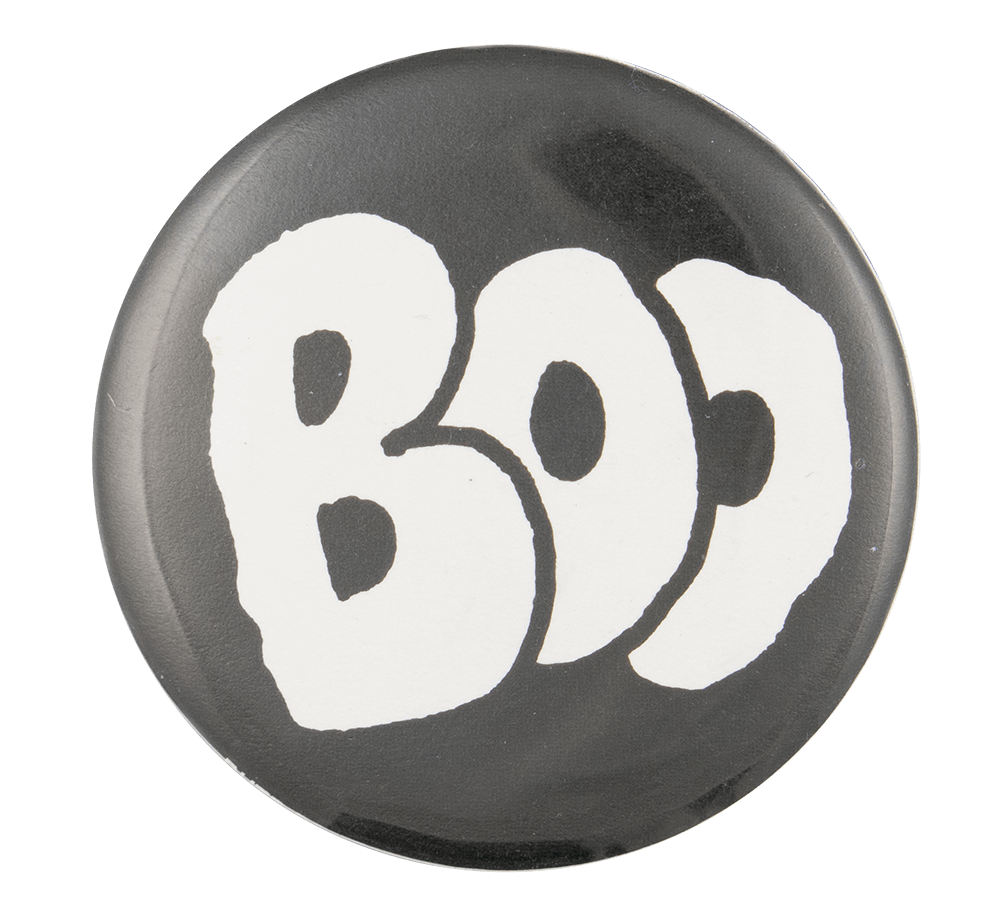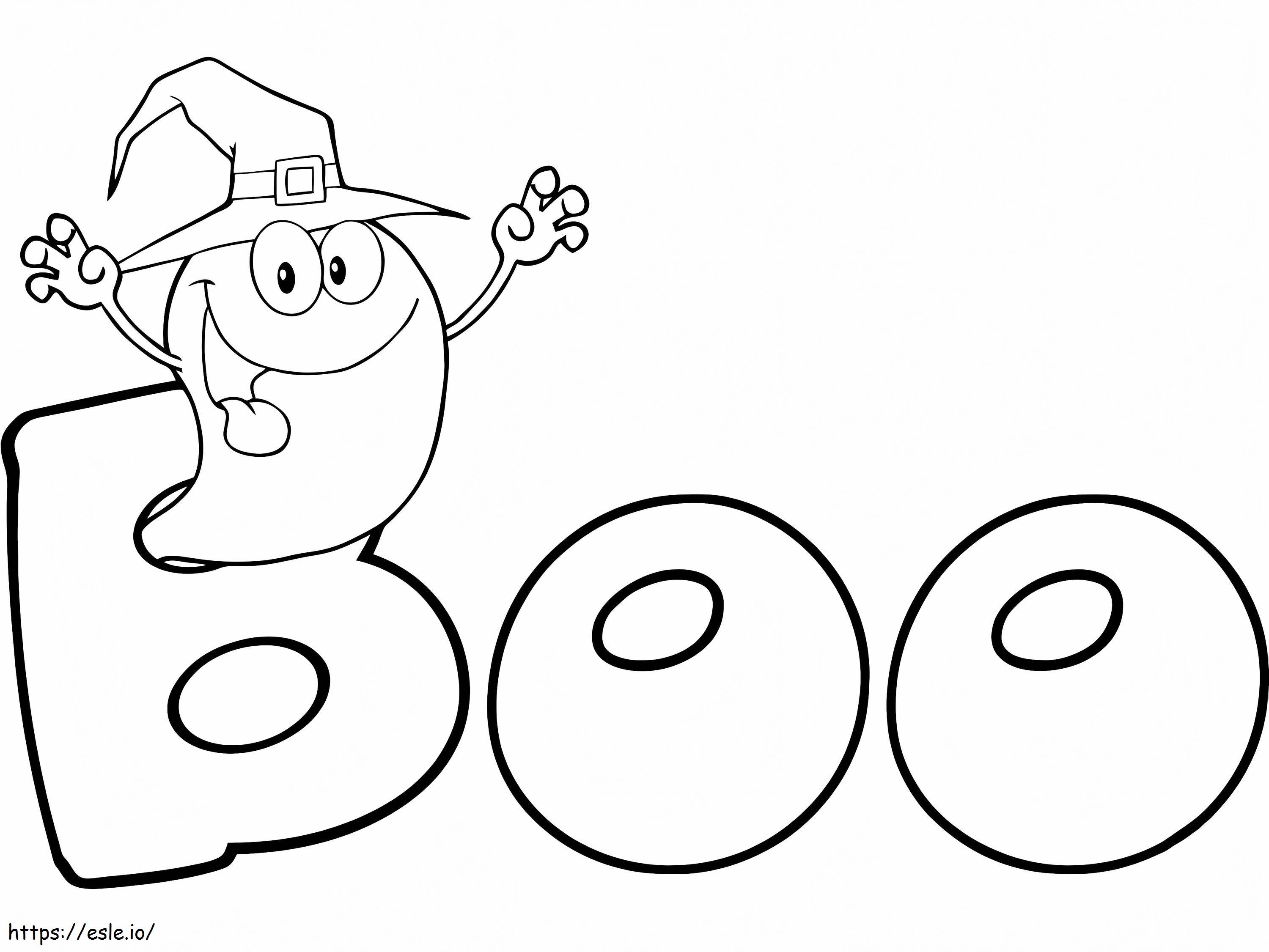Unveiling The Mystique: Why "Boo" Has Become A Cultural Phenomenon
Boo, a simple yet enigmatic word, has permeated our everyday lives in more ways than one. From the spooky echoes of Halloween to its casual use as an expression of surprise or affection, boo carries a unique versatility that has made it a staple in modern communication. Whether you're whispering it to a loved one or shouting it during a haunted house adventure, the word "boo" carries a charm that transcends its simplicity. Its adaptability allows it to fit seamlessly into various contexts, making it a word worth exploring further.
What started as a playful utterance has transformed into a cultural phenomenon. Boo has evolved from its traditional spooky roots to become a versatile tool for expressing emotions, ideas, and even building connections. In today's digital age, boo has found its place in memes, social media trends, and even marketing strategies. It is this evolution that makes understanding the word's significance crucial for those who wish to stay ahead of the cultural curve.
As we delve deeper into the world of boo, it becomes evident that its meaning and usage are far more complex than they appear. This article aims to dissect the various dimensions of boo, exploring its origins, cultural implications, and its role in shaping modern communication. By the end of this piece, readers will have a comprehensive understanding of why boo continues to resonate with people across the globe.
Read also:Brooke Shields Young Height A Detailed Look At Her Early Life And Career
What is the Historical Significance of Boo?
The origins of boo trace back to the early days of human communication when sounds were used to express fear, surprise, or excitement. Linguists suggest that the word may have originated from the Old Norse "ub" or the Greek "boe," both of which were used to mimic the sound of a cry or shout. Over time, boo evolved into a word that was primarily associated with spooky or ghostly settings, especially during Halloween celebrations.
But how did boo transition from a mere sound to a word with cultural significance? The answer lies in its adaptability. As societies evolved, so did the meanings and uses of boo. It became a playful way to startle someone, a term of endearment, and even a tool for humor. This flexibility allowed boo to remain relevant across generations, proving its resilience in the face of changing linguistic trends.
Why Has Boo Become So Popular in Modern Times?
In today's fast-paced world, boo has found new ways to captivate audiences. Social media platforms have played a significant role in popularizing the word, with users incorporating it into captions, hashtags, and even video content. Its brevity and versatility make it an ideal choice for digital communication, where concise and impactful messages are key. Moreover, the rise of memes has further cemented boo's place in modern culture, as it often appears in humorous and relatable contexts.
Additionally, boo's association with Halloween continues to drive its popularity. Every year, the spooky season brings renewed attention to the word, with countless events, decorations, and activities centered around its use. This annual resurgence ensures that boo remains a relevant and exciting part of our cultural landscape.
How Can Boo Be Used in Everyday Communication?
Boo's adaptability makes it a versatile tool for everyday communication. Whether you're trying to surprise someone, express affection, or add a touch of humor to a conversation, boo can be employed in various ways. For instance, you might use it to greet someone unexpectedly, as in "Boo! I didn't see you there!" or to show affection, such as "Boo, you're the best!" Its casual and lighthearted nature makes it a favorite among friends and family alike.
Moreover, boo's use in professional settings is becoming increasingly common. Marketers and advertisers have recognized its potential to capture attention and convey messages effectively. By incorporating boo into campaigns, they can create a sense of playfulness and engagement that resonates with their target audience. This strategic use highlights the word's value beyond casual conversations.
Read also:Catriona Gray And Sam Milby Relationship A Deep Dive Into Their Love Story
Who Is Boo? Exploring the Biography of a Cultural Icon
| Attribute | Details |
|---|---|
| Name | Boo |
| Origin | Old Norse "ub" or Greek "boe" |
| Age | Centuries-old |
| Cultural Impact | Global phenomenon |
Where Does Boo Fit in the Digital Age?
As technology continues to shape our world, boo's role in digital communication cannot be overlooked. It has seamlessly integrated into platforms like Instagram, TikTok, and Twitter, where users leverage its simplicity and impact to engage with others. The word's ability to convey a wide range of emotions makes it a valuable asset in the digital realm, where attention spans are short, and content needs to be compelling.
Furthermore, boo's presence in digital marketing strategies highlights its effectiveness as a tool for engagement. Brands use it to create catchy slogans, interactive campaigns, and relatable content that resonates with their audience. By tapping into the cultural significance of boo, businesses can forge stronger connections with their customers, fostering loyalty and trust.
What Are the Psychological Effects of Boo?
Psychologically, boo has the power to evoke a variety of responses, ranging from surprise and excitement to amusement and affection. Its ability to trigger these emotions lies in its unexpected nature and the element of playfulness it introduces into interactions. Whether used as a playful tease or a loving term, boo can enhance social bonds and create memorable experiences.
Research suggests that the use of boo in communication can stimulate the release of endorphins, promoting feelings of happiness and well-being. This makes it an effective tool for fostering positive interactions and improving overall mood. By understanding the psychological effects of boo, individuals and organizations can harness its potential to enhance their relationships and communication efforts.
Why Should You Incorporate Boo Into Your Vocabulary?
Incorporating boo into your vocabulary can add a touch of fun and creativity to your conversations. Its versatility allows you to express a wide range of emotions and ideas, making it a valuable addition to your linguistic toolkit. Whether you're engaging with friends, family, or colleagues, boo can help you stand out and leave a lasting impression.
Beyond its conversational benefits, boo can also enhance your digital presence. By using it strategically in social media posts, comments, and messages, you can increase engagement and attract attention to your content. This strategic use of boo can elevate your online profile, helping you reach a wider audience and build stronger connections.
How Does Boo Contribute to Cultural Diversity?
Boo's global popularity highlights its role in promoting cultural diversity. As a word that transcends linguistic and cultural barriers, it serves as a unifying force that brings people together. Its universal appeal makes it accessible to individuals from all walks of life, fostering inclusivity and understanding.
Moreover, boo's adaptability allows it to be incorporated into various cultural contexts, enriching the tapestry of global communication. By embracing boo, individuals can participate in a shared cultural experience that celebrates diversity and promotes unity. This shared experience strengthens the bonds between communities, encouraging collaboration and mutual respect.
What Are the Future Prospects for Boo?
Looking ahead, boo's future appears bright. As technology continues to evolve, its role in digital communication is likely to expand, offering new opportunities for engagement and interaction. The rise of virtual and augmented reality platforms may further enhance boo's potential, allowing users to experience its effects in immersive and innovative ways.
Additionally, boo's cultural significance is expected to grow as it continues to influence language, art, and entertainment. Its ability to adapt to changing trends ensures its relevance in the years to come, making it a word that will continue to captivate and inspire audiences worldwide.
Conclusion: Embrace the Power of Boo
In conclusion, boo is more than just a word; it is a cultural phenomenon that has captured the hearts and minds of people across the globe. Its versatility, adaptability, and impact make it a valuable tool for communication, engagement, and connection. By embracing boo, individuals and organizations can enhance their interactions, foster inclusivity, and contribute to the rich tapestry of global culture.
As we continue to explore the depths of boo, its significance will undoubtedly grow, offering new insights and opportunities for those who wish to harness its power. So, whether you're using it to surprise, delight, or engage, remember that boo is a word worth celebrating and sharing with the world.
Table of Contents
- Unveiling the Mystique: Why "Boo" Has Become a Cultural Phenomenon
- What is the Historical Significance of Boo?
- Why Has Boo Become So Popular in Modern Times?
- How Can Boo Be Used in Everyday Communication?
- Who Is Boo? Exploring the Biography of a Cultural Icon
- Where Does Boo Fit in the Digital Age?
- What Are the Psychological Effects of Boo?
- Why Should You Incorporate Boo Into Your Vocabulary?
- How Does Boo Contribute to Cultural Diversity?
- What Are the Future Prospects for Boo?


